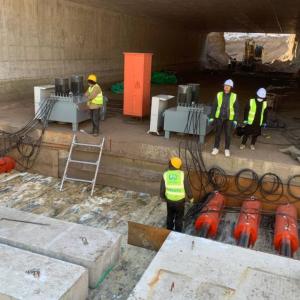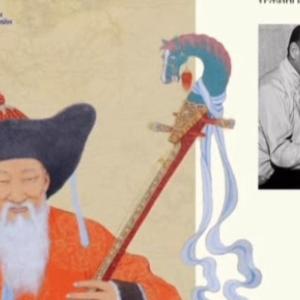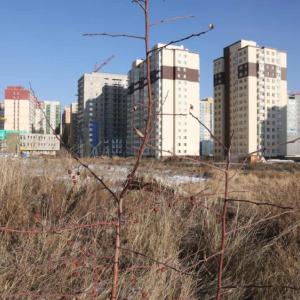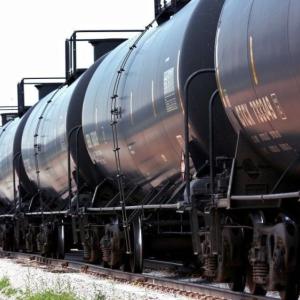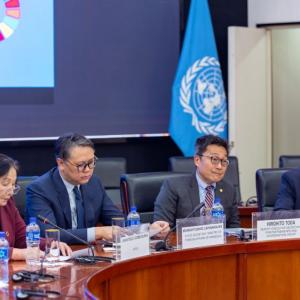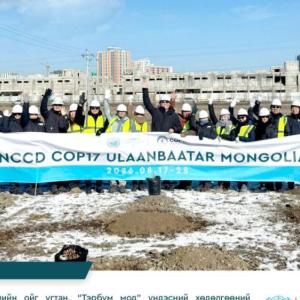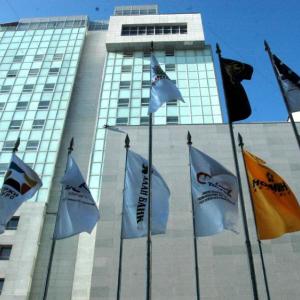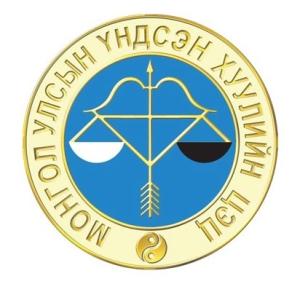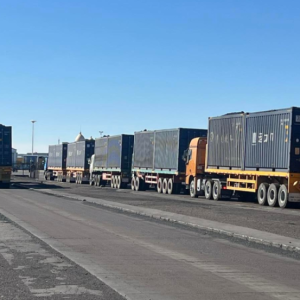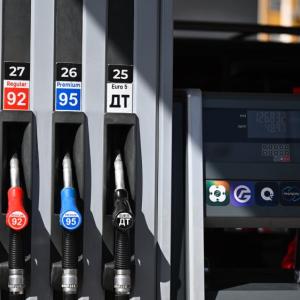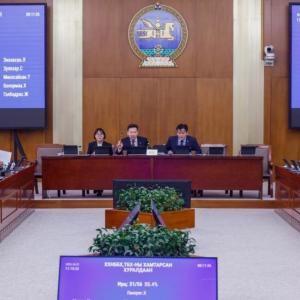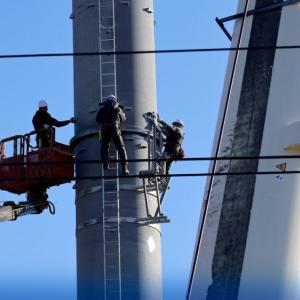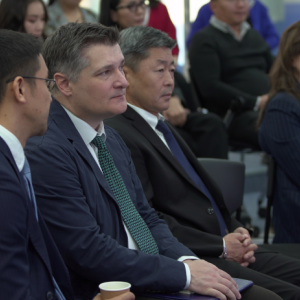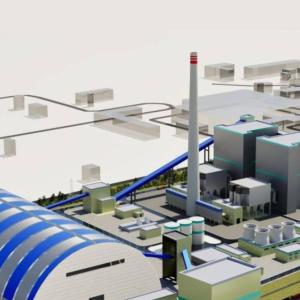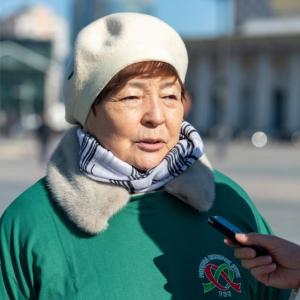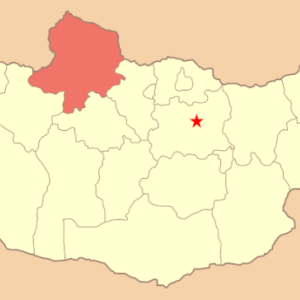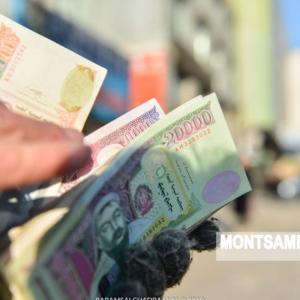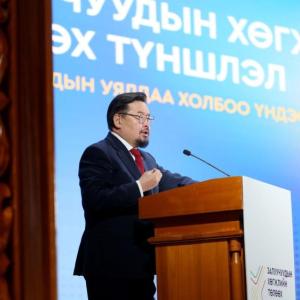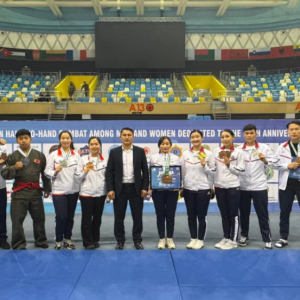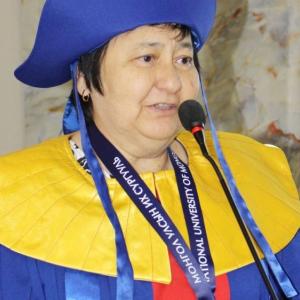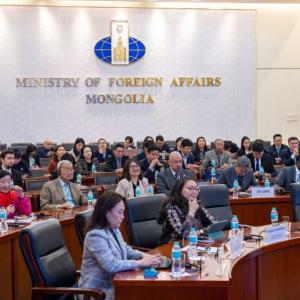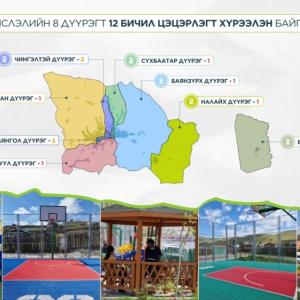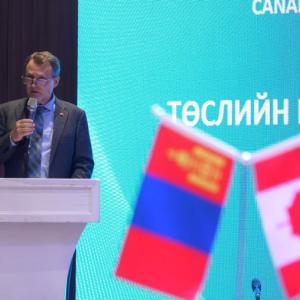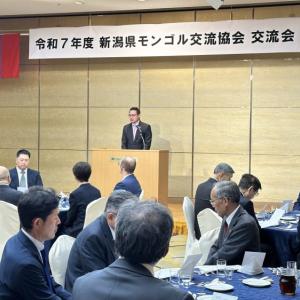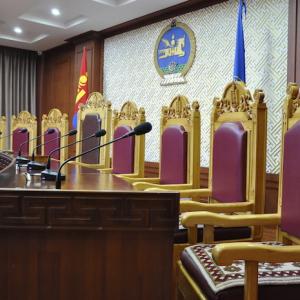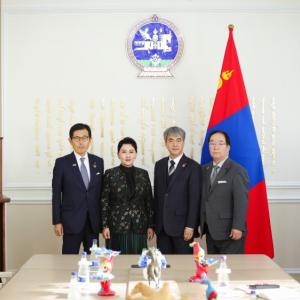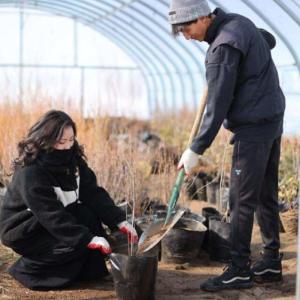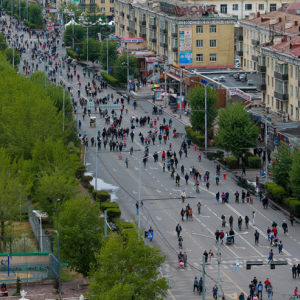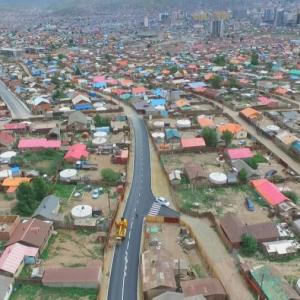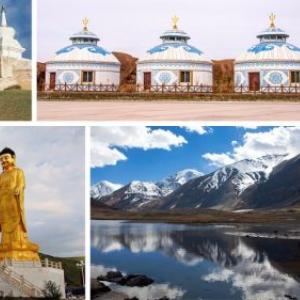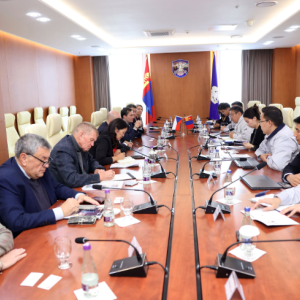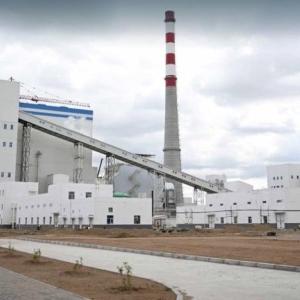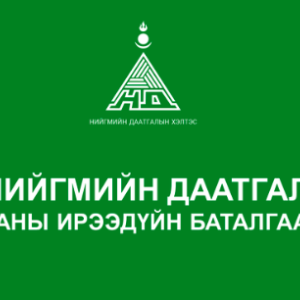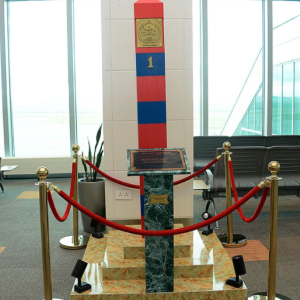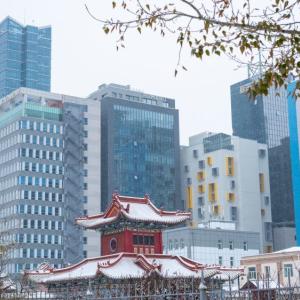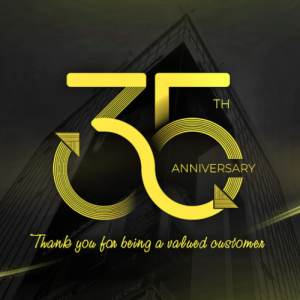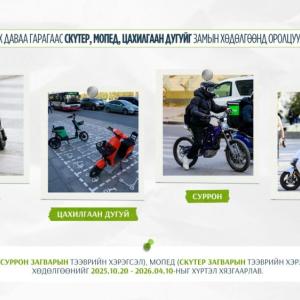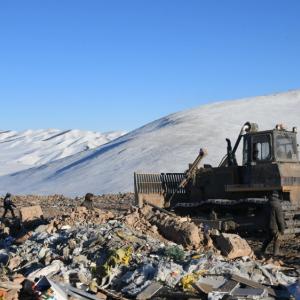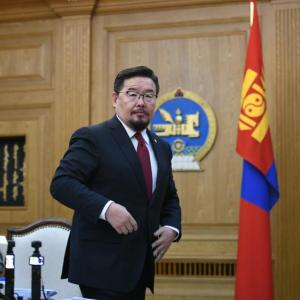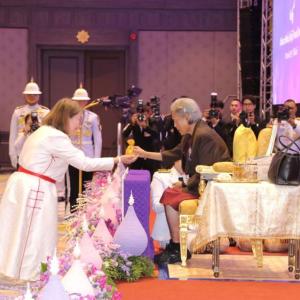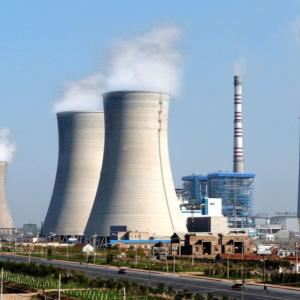Parliament discusses issues surrounding refined coal
Society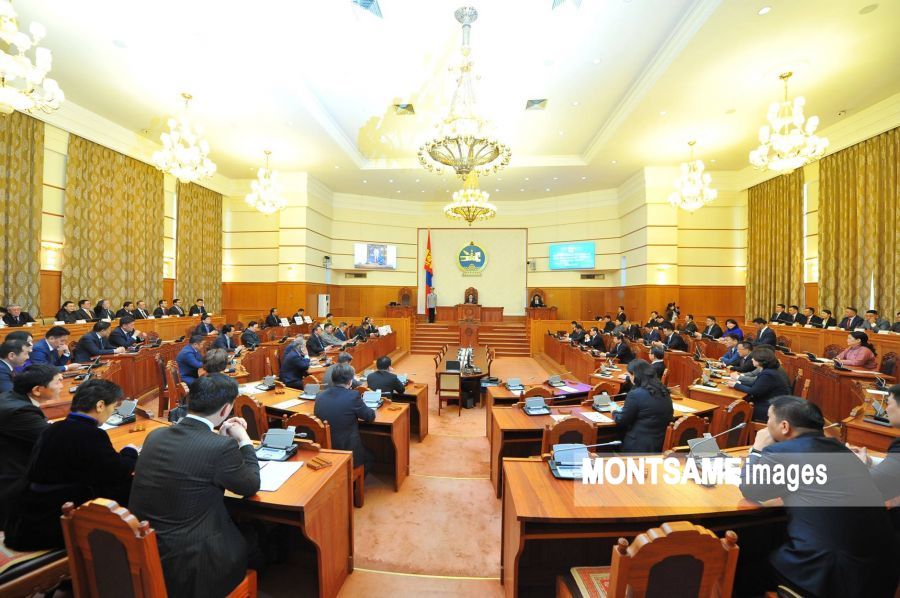
Ulaanbaatar /MONTSAME/. On October 11, issues regarding the refined fuel or supply, quality and control on them as well as consumption of refined fuel in Ulaanbaatar city went under discussion by the Parliament.
In accordance with the parliamentary resolution of 2018 on measures to reduce air pollution, the government issued a resolution to ban the use of raw coal in the most densely populated Ger areas of the capital city. Prior to the prohibition, the annual consumption of raw coal, which had been mostly distributed from the Nalaikh and Baganuur coal mines near Ulaanbaatar city, had been estimated at around 1.1 million tons, which translates to that 2020 thousand families living in Ger districts used to consume 4-5 tons of raw coal in a year.
Following a long time independent research as well as studies in cooperation with foreign countries, it has been concluded that about 600 thousand tons of compressed coal (refined coal) made of washed coal from the Ukhaa Khudag coal mines using coal-upgrading technology can be used as a substitution of 1.1 million tons of raw coal because of its higher efficiency. As part of its efforts to fight against air pollution in the capital city, the government established ‘Tavan Tolgoi Tulsh’ (Tavan Tolgoi Fuel) company with an annual output capacity of 700 thousand tons of refined energy coal from the Ukhaa Khudag coal mine in 2018 and has recently started supplying refined coal to families residing in Ulaanbaatar.
Concerning the incidents where dozens of people in the Ger dwelling areas were poisoned with unknown cause and rushed to hospital since the coal-heating season began, Tavan Tolgoi Fuel LLC has their refined coal samples analyzed in laboratories, which concluded that the refined coal fully satisfies relevant standards. Furthermore, the samplings of the refined coal of the company have been delivered to laboratories in China, South Korea, Russia and Japan.
Assuming the poisoning as a CO contamination due to poor ventilation or blocked chimneys, the National Emergency Commission has been carrying out a campaign to raise awareness for proper use of compressed coal, better ventilation and maintenance of fuel-burning appliances. On the subject of the incidents that took place within the past two weeks, the Government has decided to install CO detectors in 220 thousand homes in Ger districts of Ulaanbaatar for free before November 1.
According to a report by Energy Minister Ts.Davaasuren the refined coal has 1.5-2 times more heat rate than the previously-used raw coal from Nalaikh and Baganuur coal mines. In addition, engineers from the Tavan Tolgoi Fuel company, who were present at the discussion, informed that the coal used by the company for making the refined coal is considered as a high grade coal with 10 times less moisture content and twice the efficiency compared to that of Baganuur mine and holds low percentage of volatile matter in it.
Following the presentation and question and answers session, Parliament Speaker G.Zandanshatar assigned relevant working groups in charge of curbing air pollution and the Cabinet to improve their measures combating against air pollution and control on vis-à-vis actions and enhance engagement of private sector, civil society, media companies and international organizations.
Moreover, officials were ordered to produce mid and long term plan based on ‘Winning the Fight Against Air Pollution in Ulaanbaatar’ practical recommendations released by the Asian Development Bank, which draws on successful experiences of other countries.

 Ulaanbaatar
Ulaanbaatar








